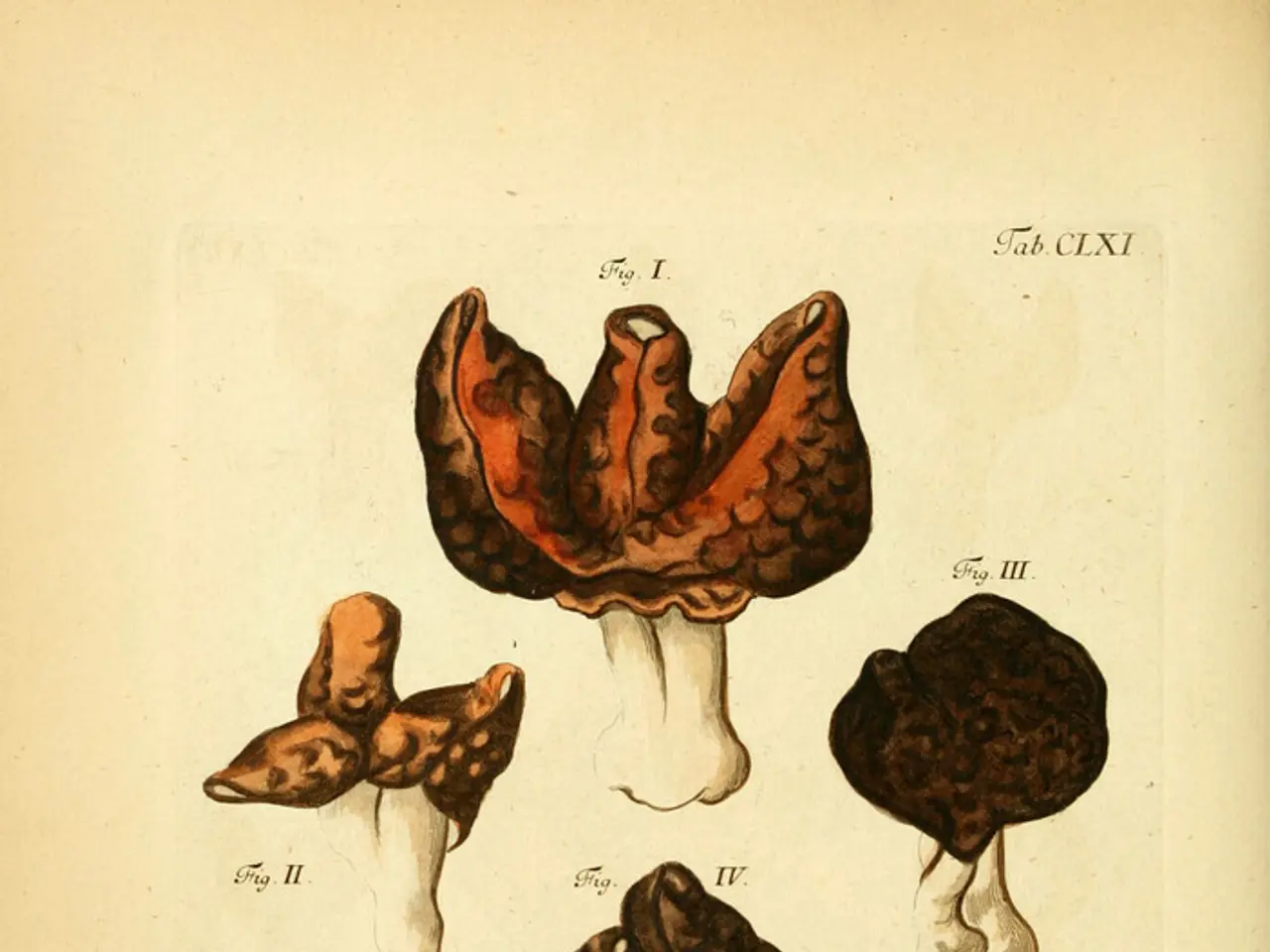Neuroplasticity and Novelty: Unraveling the Impact on the Brain During Adventure
Neuroplasticity, the brain's remarkable ability to change and adapt, is a fundamental aspect of our cognitive growth. It encompasses two main types: structural plasticity, which involves physical changes in the brain, and functional plasticity, the brain's capacity to move functions from damaged areas to healthy ones or repurpose neural circuits based on new demands.
Adventure and novelty play a significant role in stimulating brain development and neuroplasticity. These elements trigger the release of dopamine, a key neuromodulator that controls the timing and conditions under which neuroplasticity occurs. Dopamine acts like an alarm, opening "windows" for learning and brain change, particularly during novel or unexpected events.
Novel and curious experiences promote engagement and "flow" states, supporting sustained brain remodeling and cognitive growth. These states, characterized by full concentration and enjoyment, are crucial for enhancing creativity, motivation, and adaptive neural changes.
Traveling to unfamiliar places, even within your city, stimulates neuroplasticity. Engaging in new environments, people, and challenges directly supports neuroplasticity by strengthening and expanding neural networks. This process is akin to building new connections in a vast neural web, making our brains more adaptable and resilient.
The benefits of novelty extend beyond cognitive development. Novel experiences can reduce symptoms of depression and anxiety, while fostering emotional resilience by teaching the brain to manage uncertainty, solve unexpected problems, and tolerate ambiguity.
Exploring new intellectual territory through books, documentaries, or classes also stimulates neuroplasticity. Eating unfamiliar foods or learning about different cultures can have similar effects, broadening our perspectives and enhancing our ability to adapt to diverse environments.
Engaging in new physical activities like dance, martial arts, or swimming supports neuroplasticity, as does practicing a new language or playing an instrument. Animal studies have shown that rodents raised in enriched environments, with toys, obstacles, and changing scenery, develop more robust brains than those in sterile conditions.
Good sleep, regular exercise, mindful rest, and proper nutrition are essential for maintaining optimal neuroplasticity. Brain supplements, such as Citicoline, Lion's Mane Mushroom, and Rhodiola Rosea, can aid in cognitive function and recovery, but they work best when paired with intentional novelty.
In conclusion, seeking novel, challenging experiences and maintaining curiosity not only helps develop creativity and problem-solving skills but also supports structural and functional brain development through enhanced neuroplasticity and motivated learning processes. So, whether it's learning a new language, traveling to a foreign land, or simply taking a different route to work, embracing the new and unknown can have profound effects on our brains and our lives.
- Mental health benefits can be reaped from novel and curious experiences, as they help reduce symptoms of depression and anxiety while fostering emotional resilience.
- Traveling not only stimulates neuroplasticity by engaging in new environments, but also enhances personal growth through exposure to diverse cultures and challenges.
- Lifestyle choices such as good sleep, regular exercise, mindful rest, and proper nutrition are crucial for maintaining optimal mental-health and neuroplasticity.
- Engaging in education-and-self-development activities like reading, attending classes, or eating unfamiliar foods can stimulate neuroplasticity and broaden a person's perspective.
- Adventure-travel and taking on new physical activities like dance, martial arts, or swimming do more than just promote health-and-wellness; they support neuroplasticity and aid in cognitive function and recovery.





